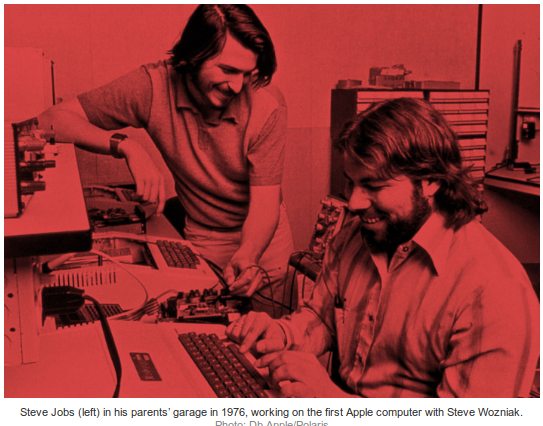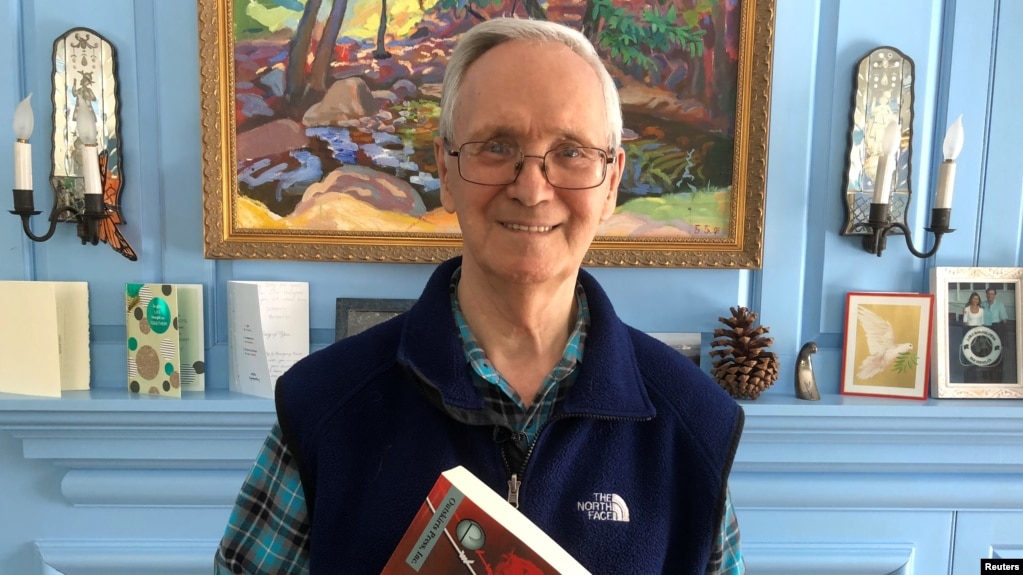Lock this guy up and throw away the key.
A few years before he started working for Donald Trump, and long before he gave legal advice to people like Fox News personality Sean Hannity, Michael D. Cohen had a different kind of clientele. Cohen roamed the courthouses of New York City, filing lawsuits on behalf of people with little means who were seeking compensation for the injuries they suffered in car collisions. Many personal-injury lawyers make their living this way, but there was something striking about Cohen’s cases: Some of the crashes at issue didn’t appear to be accidents at all.
A Rolling Stone investigation found that Cohen represented numerous clients who were involved in deliberate, planned car crashes as part of an attempt to cheat insurance companies. Furthermore, investigations by insurers showed that several of Cohen’s clients were affiliated with insurance fraud rings that repeatedly staged “accidents.” And at least one person Cohen represented was indicted on criminal charges of insurance fraud while the lawsuit he had filed on her behalf was pending. Cohen also did legal work for a medical clinic whose principal was a doctor later convicted of insurance fraud for filing phony medical claims on purported “accident” victims. Taken together, a picture emerges that the personal attorney to the president of the United States was connected to a shadowy underworld of New York insurance fraud, a pervasive problem dominated by Russian organized crime that was costing the state’s drivers an estimated $1 billion a year.
Source: The Shady Cases of Michael Cohen’s Personal Injury Practice – Rolling Stone








